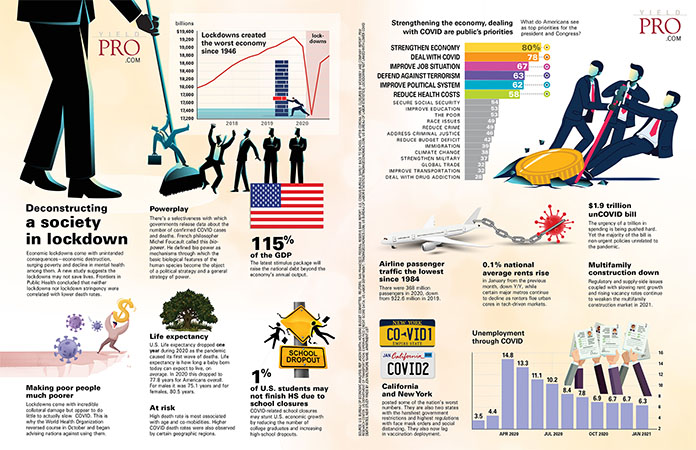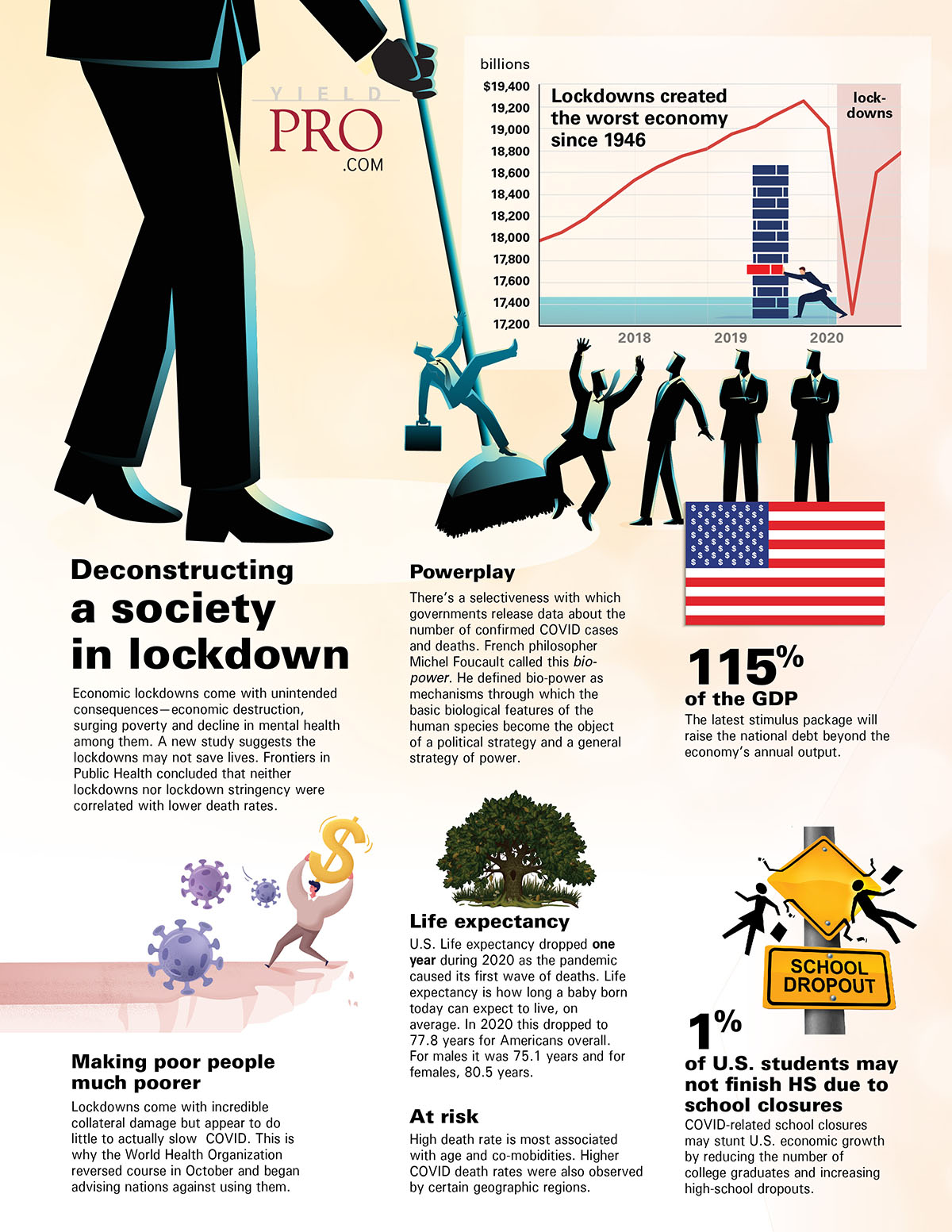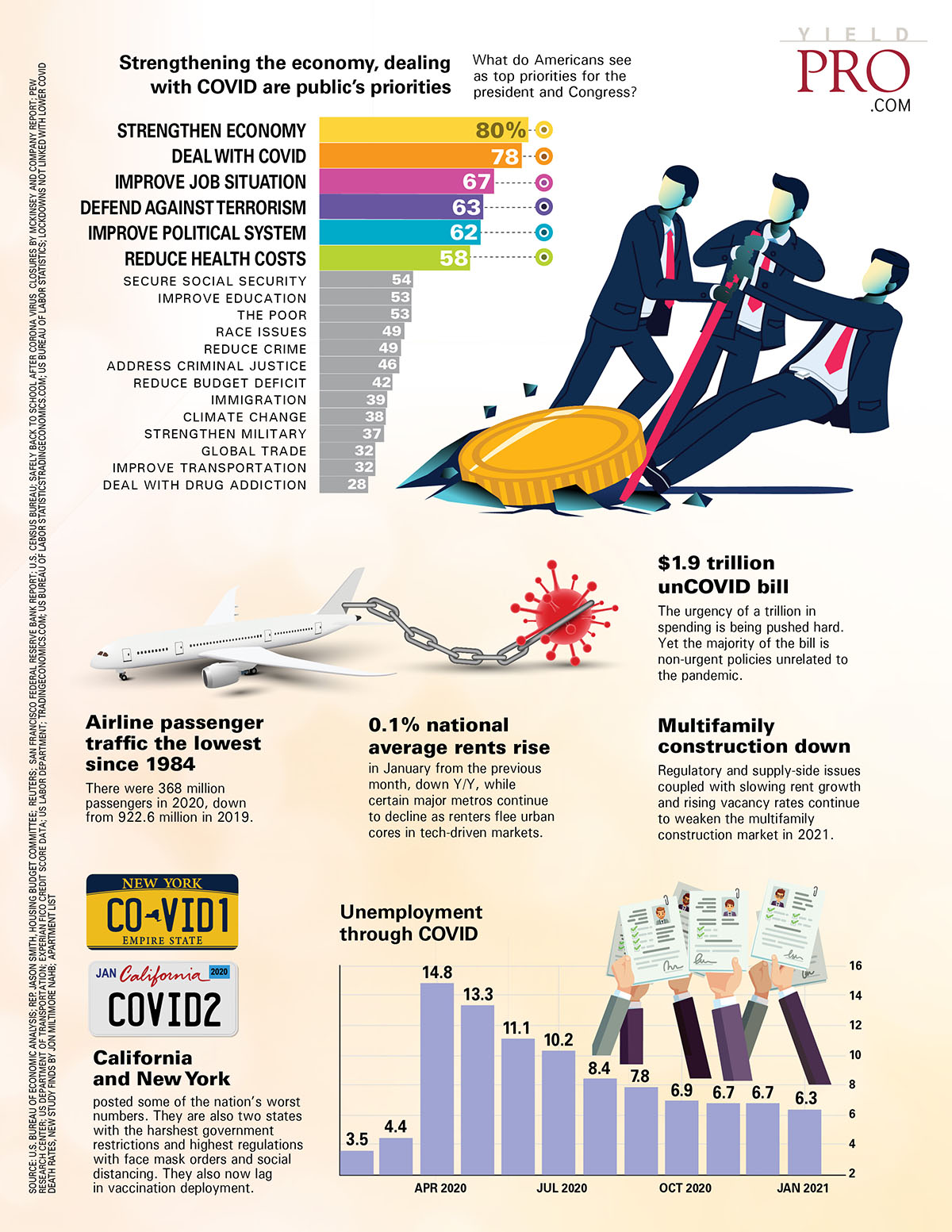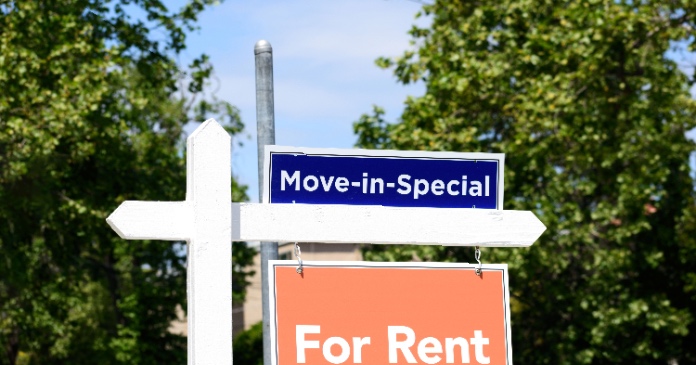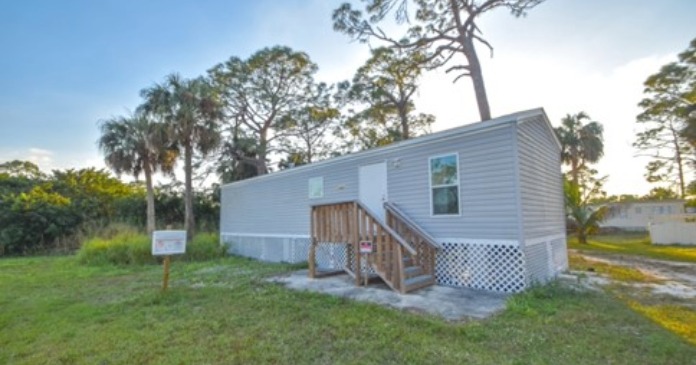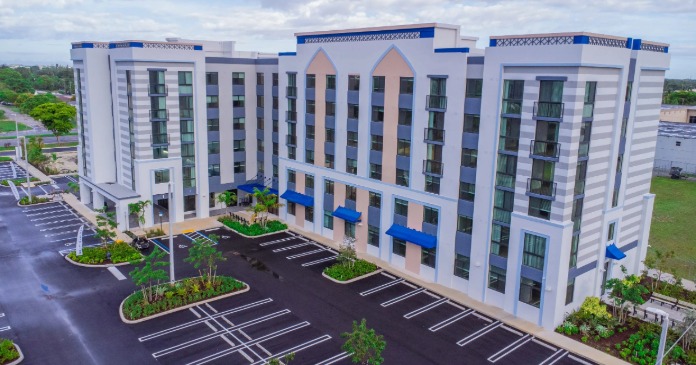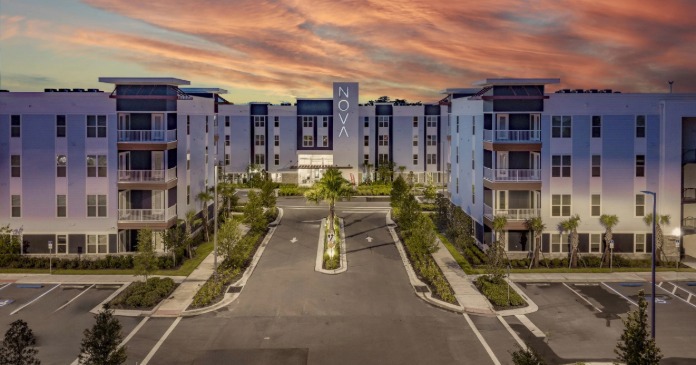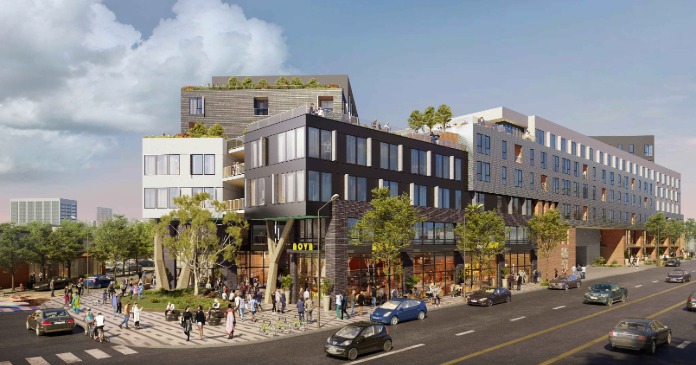Economic lockdowns come with unintended consequences—economic destruction, surging poverty and decline in mental health among them. A new study suggests the lockdowns may not save lives. Frontiers in Public Health concluded that neither lockdowns nor lockdown stringency were correlated with lower death rates.
Making poor people much poorer
Lockdowns come with incredible collateral damage but appear to do little to actually slow COVID. This is why the World Health Organization reversed course in October and began advising nations against using them.
Powerplay
There’s a selectiveness with which governments release data about the number of confirmed COVID cases and deaths. French philosopher Michel Foucault called this bio- power. He defined bio-power as mechanisms through which the basic biological features of the human species become the object of a political strategy and a general strategy of power.
Life expectancy
U.S. Life expectancy dropped one year during 2020 as the pandemic caused its first wave of deaths. Life expectancy is how long a baby born today can expect to live, on average. In 2020 this dropped to 77.8 years for Americans overall. For males it was 75.1 years and for females, 80.5 years.
At risk
High death rate is most associated with age and co-mobidities. Higher COVID death rates were also observed by certain geographic regions.
115% of the GDP
The latest stimulus package will raise the national debt beyond the economy’s annual output.
1% of U.S. students may not finish HS due to school closures
COVID-related school closures may stunt U.S. economic growth by reducing the number of college graduates and increasing high-school dropouts.
Strengthening the economy, dealing with COVID are public’s priorities
What do Americans see as top priorities for the president and Congress?
- Strengthen economy, 80%
- Deal with COVID, 78%
- Improve job situation, 67%
- Defend against terrorism, 63%
- Improve political system, 62%
- Reduce health costs, 58%
- Secure social security, 54%
- Improve education, 53%
- The poor, 53%
- Race issues, 49%
- Reduce crime, 49%
- Address criminal justice, 46%
- Reduce budget deficit, 42%
- Immigration, 39%
- Climate change, 38%
- Strengthen military, 37%
- Global trade, 32%
- Improve transportation, 32%
- Deal with drug addiction, 28%
$1.9 trillion unCOVID bill
The urgency of a trillion in spending is being pushed hard. Yet the majority of the bill is non-urgent policies unrelated to the pandemic.
Airline passenger traffic the lowest since 1984
There were 368 million passengers in 2020, down from 922.6 million in 2019.
0.1% national average rents rise
In January from the previous month, down Y/Y, while certain major metros continue to decline as renters flee urban cores in tech-driven markets.
Multifamily construction down
Regulatory and supply-side issues coupled with slowing rent growth and rising vacancy rates continue to weaken the multifamily construction market in 2021.
California and New York
posted some of the nation’s worst numbers. They are also two states with the harshest government restrictions and highest regulations with face mask orders and social distancing. They also now lag in vaccination deployment.


